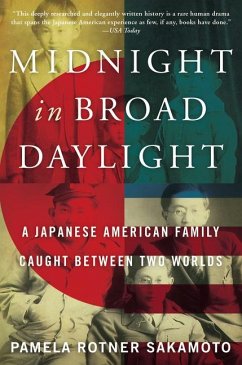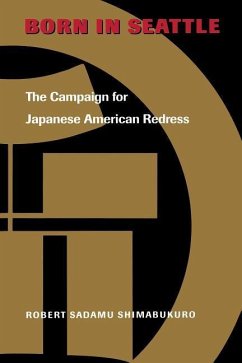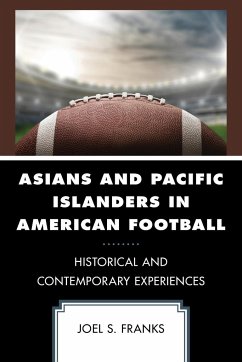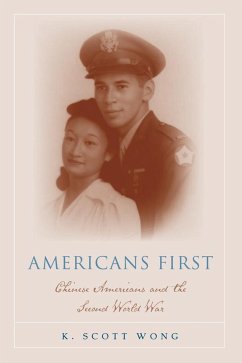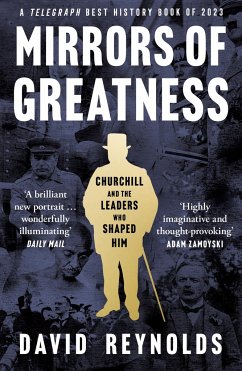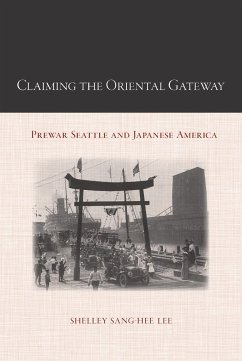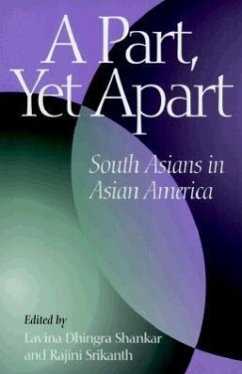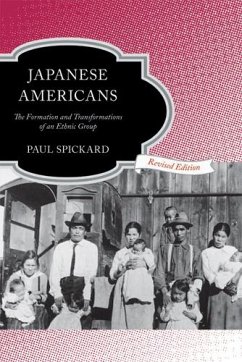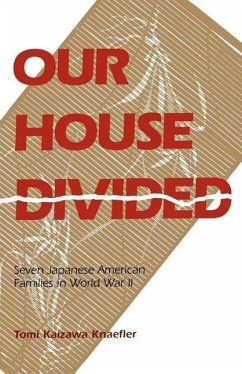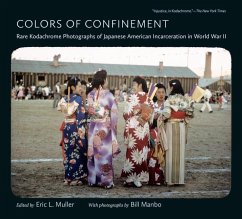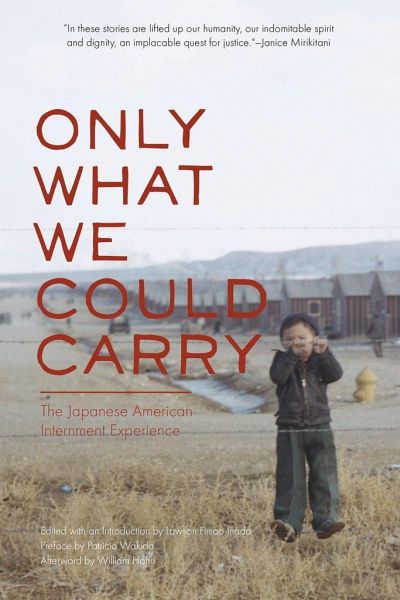
Only What We Could Carry
The Japanese American Internment Experience
Herausgeber: Inada, Lawson Fusao
Versandkostenfrei!
Versandfertig in über 4 Wochen
21,99 €
inkl. MwSt.

PAYBACK Punkte
11 °P sammeln!
Cultural Writing. Asian-American Studies. Shortly after the Japanese attacked Pearl Harbor, more than 100,000 Japanese Americans were uprooted from their homes and communitites and banished to remote internment camps. This collection of haunting reminiscences, letters, stories, poems, and graphic art gives voice to the range of powerful emotions with which these victims of wartime hysteria struggled. ONLY WHAT WE COULD CARRY gathers together the voices of internement -- private, personal stories that could have been lost, but will now be heard and felt. It's a if we have a seat at a family din...
Cultural Writing. Asian-American Studies. Shortly after the Japanese attacked Pearl Harbor, more than 100,000 Japanese Americans were uprooted from their homes and communitites and banished to remote internment camps. This collection of haunting reminiscences, letters, stories, poems, and graphic art gives voice to the range of powerful emotions with which these victims of wartime hysteria struggled. ONLY WHAT WE COULD CARRY gathers together the voices of internement -- private, personal stories that could have been lost, but will now be heard and felt. It's a if we have a seat at a family dinner, listening to stories passed down from one generation to another, feeling the pian and the spirit of hope -- David Mas Masumoto. Edited by Lawson Fusao Inada, with a preface by Patricia Wakida and an afterword by William Hohri.





